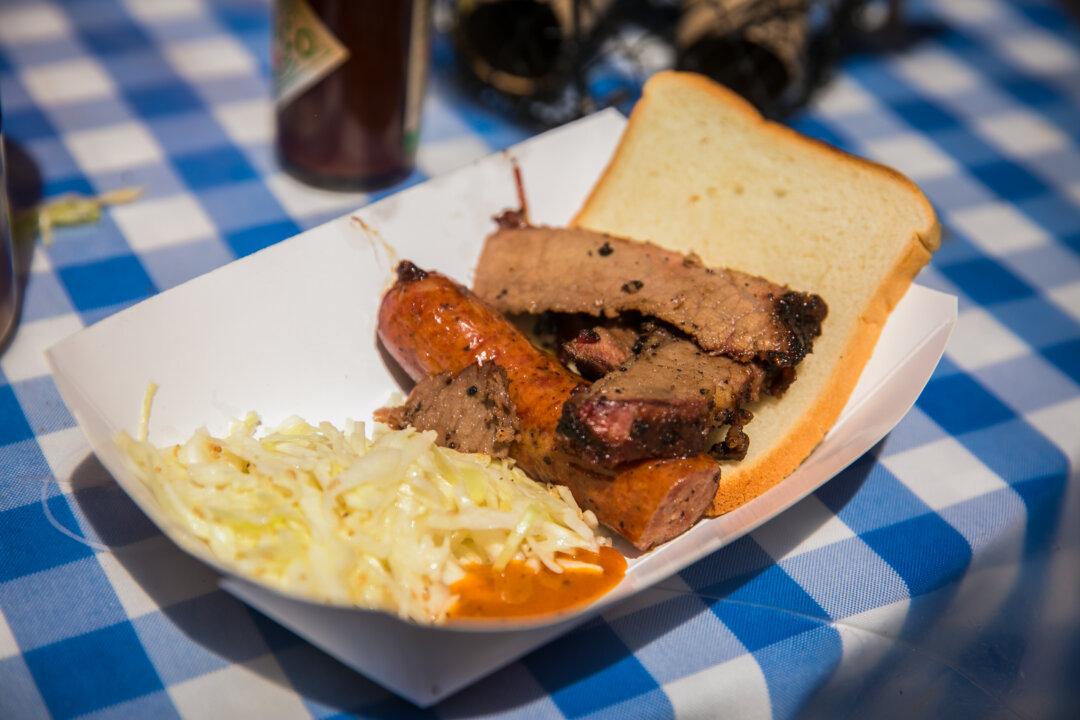Australia’s national carrier Qantas will launch 20 million reward seats for travellers in a bid to improve customer engagement following turbulent times.
The new Classic Plus Flight Rewards will make it easier to use points to travel to international destinations including New York, London, Singapore, and Tokyo according to the airline.





